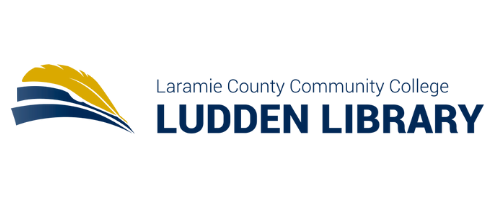Cannibalism : a perfectly natural history
(Book)
Author
Published
Chapel Hill, North Carolina : Algonquin Books of Chapel Hill, 2017.
Edition
First edition.
Physical Description
xviii, 332 pages : illustrations ; 23 cm
Status
Laramie County Community College - Main Collection
GN409 .S38 2017
1 available
GN409 .S38 2017
1 available
Summary
Loading Description...
Also in this Series
Checking series information...
Copies
| Location | Call Number | Status |
|---|---|---|
| Laramie County Community College - Main Collection | GN409 .S38 2017 | On Shelf |
| Location | Call Number | Status |
|---|---|---|
| CCL - Douglas - Nonfiction | 394.9 SCH | On Shelf |
| Campbell Co. Public Library - Nonfiction | 394.9 SCHUTT 2017 | On Shelf |
| Carbon Co. Rawlins Library - Nonfiction | 394.909 SCHUTT | On Shelf |
| Casper College Library - Main Collection | GN409 .S38 2017 | On Shelf |
| Gillette College Library - Main Collection | 394.9 SC396C | On Shelf |
Subjects
Library of Congress Subjects
More Details
Published
Chapel Hill, North Carolina : Algonquin Books of Chapel Hill, 2017.
Format
Book
Edition
First edition.
Language
English
Notes
General Note
"Published simultaneously in Canada by Thomas Allen & Son Limited."
Bibliography
Includes bibliographical references (pages [300]-332).
Summary
"Eating one's own kind is completely natural behavior in thousands of species, including humans. Throughout history we have engaged in cannibalism for reasons relating to famine, burial rites, and medicinal remedies. Cannibalism has been used as a form of terrorism but also as the ultimate expression of filial piety. With unexpected wit and a wealth of knowledge, Bill Schutt, a research associate at the American Museum of Natural History, takes us on a tour of the field, exploring exciting new avenues of research and investigating questions like why so many fish eat their offspring and some amphibians consume their mother's skin; why sexual cannibalism is an evolutionary advantage for certain spiders; why, until the end of the eighteenth century, British royalty regularly ate human body parts; how cannibalism may be linked to the extinction of Neanderthals; why microbes on sacramental bread may have led to Catholics' to persecute European Jews in the Middle Ages. Today, the subject of humans consuming one another has been relegated to the realm of horror movies, fiction, and the occasional psychopath, but be forewarned: As climate change progresses and humans see more famine, disease, and overcrowding, biological and cultural constraints may well disappear. These are the very factors that lead to outbreaks of cannibalism. As he examines these close encounters of the cannibal kind, Bill Schutt makes the ick-factor fascinating"--,Provided by publisher.
Reviews from GoodReads
Loading GoodReads Reviews.
Citations
APA Citation, 7th Edition (style guide)
Schutt, B. (2017). Cannibalism: a perfectly natural history (First edition.). Algonquin Books of Chapel Hill.
Chicago / Turabian - Author Date Citation, 17th Edition (style guide)Schutt, Bill. 2017. Cannibalism: A Perfectly Natural History. Algonquin Books of Chapel Hill.
Chicago / Turabian - Humanities (Notes and Bibliography) Citation, 17th Edition (style guide)Schutt, Bill. Cannibalism: A Perfectly Natural History Algonquin Books of Chapel Hill, 2017.
MLA Citation, 9th Edition (style guide)Schutt, Bill. Cannibalism: A Perfectly Natural History First edition., Algonquin Books of Chapel Hill, 2017.
Note! Citations contain only title, author, edition, publisher, and year published. Citations should be used as a guideline and should be double checked for accuracy. Citation formats are based on standards as of August 2021.
